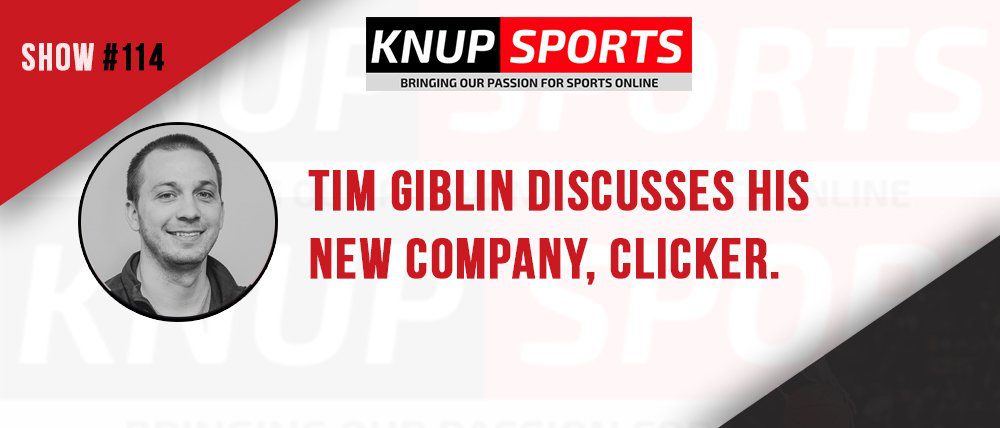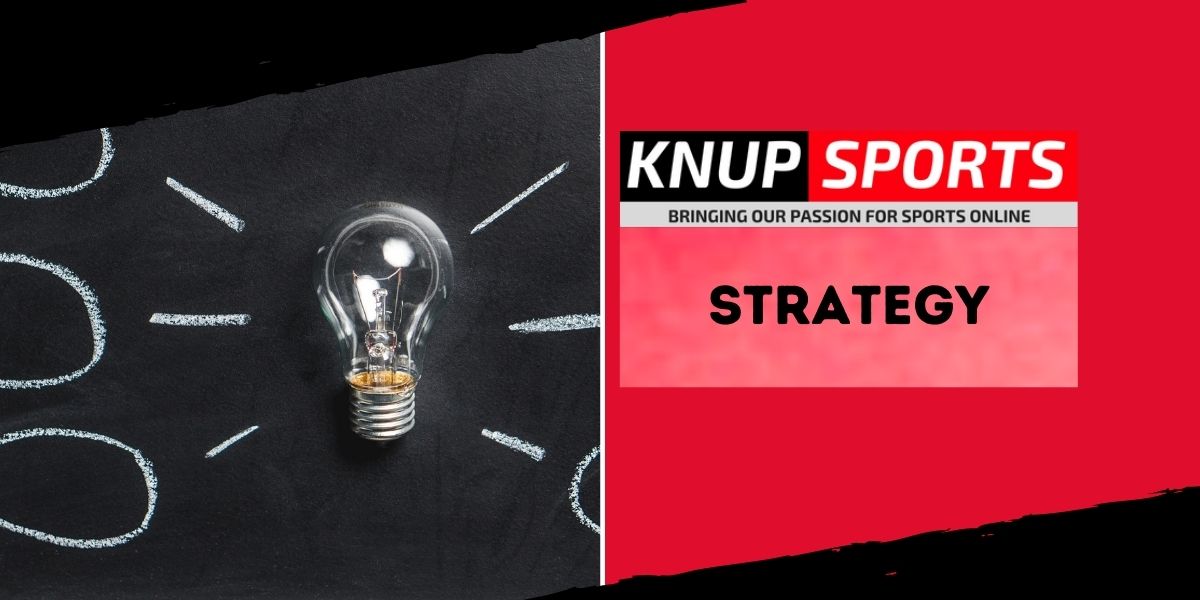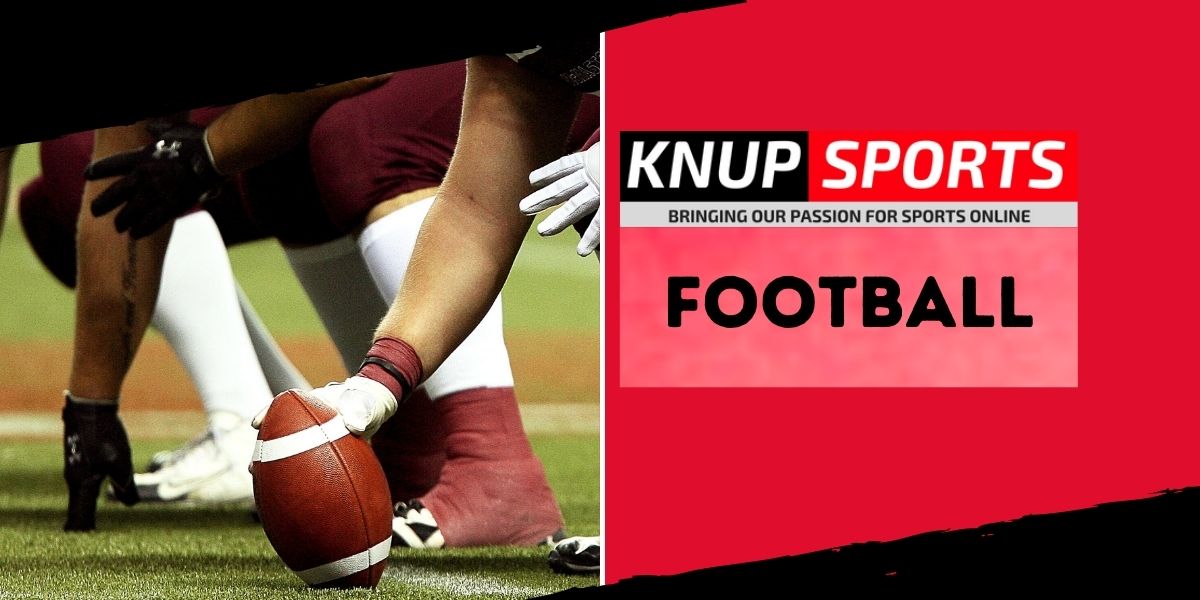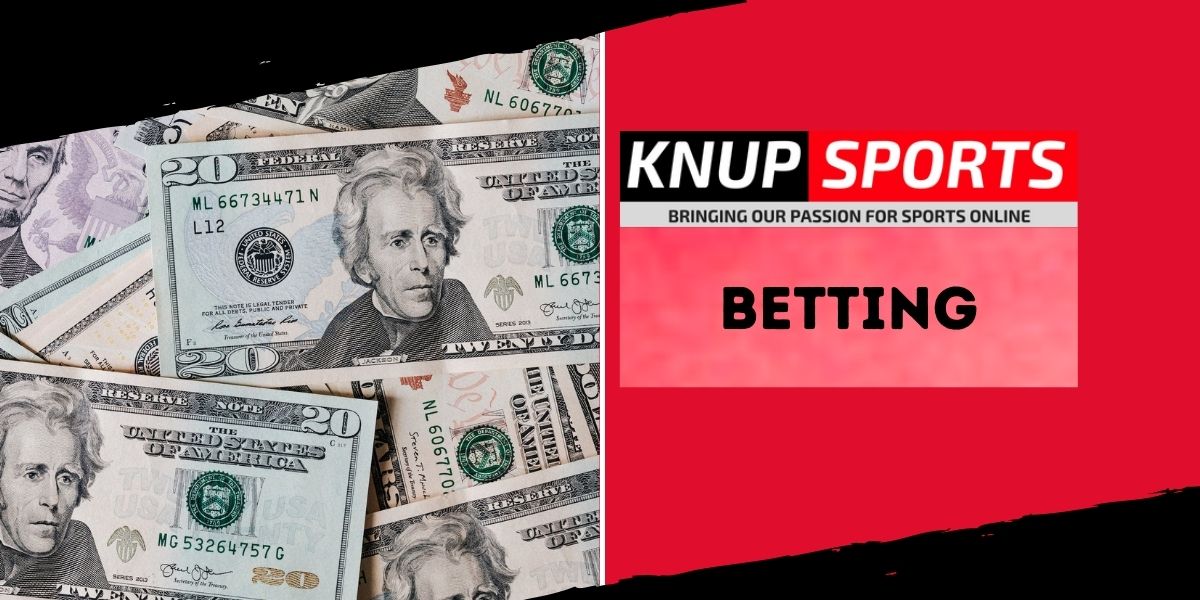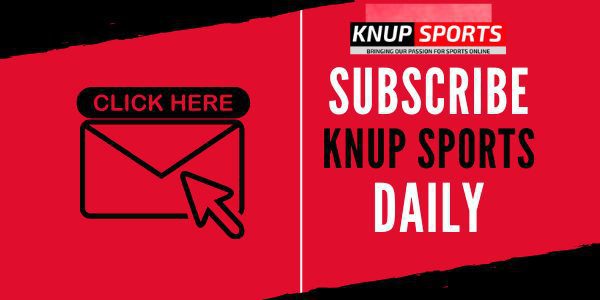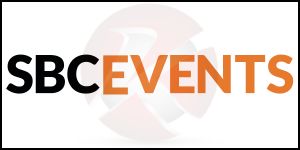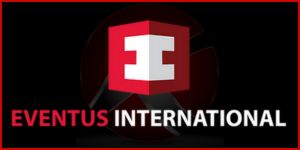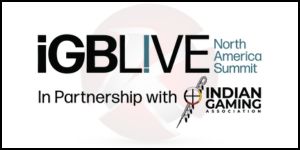Co-Founder of Clicker, Tim Giblin, discusses his new company that solves the problem watching the sports games you want at restaurants, bars, and sportsbooks.
Video from Tim Giblin Interview
Show notes from Tim Giblin Interview
Ryan Knuppel: Welcome back to another episode of the Knup Sports Show. I’m your host, Ryan Knuppel here with you each and every time. We have a cool guest with us today. We got Tim Giblin with Clicker. Tim, welcome. I’m glad you’re here with me today.
Tim Giblin: Yeah, excited to get started here.
Ryan Knuppel: Awesome. How are you doing there in the Midwest? You’re located in Ohio, correct?
Tim Giblin: Cincinnati, Ohio. Born and raised here never left. Just trying to start a cool little business here.
Ryan Knuppel: Amazing. Tim is on a mission to fix one of these problems that has been a personal problem of mine for decades. I hope he’s able to fix this with what he’s doing. So, Tim, why don’t you just dive right in. And tell us just first of all the hundred-foot view of what Clicker is and what you’re out to accomplish with Clicker.
Tim Giblin: Yeah, cool. I’ll tell you a little bit about how we got started and what we’re up to.
So, my co-founder, Connor, we’ve been friends for 10 years or so. Both big sports fans. I’m a basketball, Reds and Bengals fan. Went to Miami University. So not much to read there, other than a hockey team that’s occasionally good. But I have fantasy teams and like to throw down the occasional parlay. Connor went to Florida State. He’s a big FSU football fan. By the way, not doing too well. So, we always like to do just a moment of silence for Florida State football. Thank you. Now he claims to be an FSU basketball fan. But we won’t get into that. But anyway, he’s lived in a bunch of different cities, always trying to get his Florida State game on. And we originally would go to bars and restaurants and sportsbooks, and we’re always trying to get our games on. You guys know the deal. When you ask your waiters or bartenders, sometimes you wait 10 minutes, you got to think about when the appropriate time to ask them again.
Sometimes they ask you what channel then you got to figure out what cable or satellite provider they have and Google that. And then they might have to ask the manager. And
yeah, there’s just so many things that they have to do. So, it’s understandable when
the channel doesn’t get changed right away. They have to clean up, serve food and beverage, welcome guests, refill drinks, all that stuff. So, we thought like, why isn’t there just a better way to do this? There’s technology out there that should be able to help with this kind of gap that we’ve identified. And for the bars and restaurants and sportsbooks, the ultimate goal should be to serve the guests and provide the best experience. And why can’t we provide that living room experience at these venues, kind of around the world? So, we act together, like how to programmatically talk to DIRECTV boxes, since DIRECTV’s got an exclusivity on Sunday Ticket.
And we created a device that is able to talk to these DIRECTV boxes. And we allowed guests to walk in and change the channels from an app that we created. So, we launched that in a few pilot locations. Here in Cincinnati, and one sportsbook out in Colorado, trying out a few different models with the app.
So, it’s kind of similar to TouchTunes, where you can reserve it for a timeframe, spend some tokens and kind of reserve timeframes for the TV. And other ones just like a free for all. Just anyone can change the channel anytime. Some restaurants aren’t keen on that, but still figuring it out. There’s other cool kind of models out there that we’re going to try out like a consensus voting model where imagine you’re at a restaurant and the four o’clock NFL games are coming on, like why not have just everyone cast a vote for what games should be on the big TV, things like that. And then from there, we kind of realize that we have cool technology. Another big problem is that these TVs aren’t necessarily on the right thing at the right time. Sometimes the Weather Channel comes on after the local games and things like that. Sometimes they miss the PAC 12 after dark games. So we launched another product called Control Center, where we basically automate channel changes throughout the day so that managers, waitresses and waiters, and bartenders don’t have to worry about changing the channel, we kind of get in there and do that all kind of magically behind the scenes for them.
Ryan Knuppel: That’s amazing, Tim! It’s the classic example of finding a problem and addressing the problem and now it’s your life to try to fix this problem rather than that. I love products like that or services like that. Anything that really, there truly is a problem with this. And I think if anybody ever, you know goes, you know to watch games at all. Or to go to a sports book. And they’ve seen this problem happen over and over and over? And it certainly is. So, speaking of sports books, a lot of the guests on this show and a lot of people that listen to this show have a gaming background. So, a little more, you know, sports betting style, I could see this really fitting in well, I think you mentioned, you’re already in with a casino and/or a sports book in Colorado. I’d love to hear a little bit more about how you see this fitting into that space and, and how it serves that space, or could grow with that space as well, because we all know, that’s going to be an evolving area, the sports betting space? So, how do you see Clicker playing a role or being a part of that of that space?
Tim Giblin: So, I think, given the circumstances of COVID, and everything that’s going on, people aren’t getting out as much. And we’ll see how that plays out. When things start to reopen, it might still be a while here it looks like but I think like a major thing is, like I said before, kind of that living room experience out at bars and restaurants. So, I think a lot of times you’ll go out to a sportsbook bar or restaurant, and you won’t necessarily know if you’re going to be able to get your game on or get a table, or what the atmosphere is going to be like. So, we think we can kind of provide that reliability. I know I can go to bar X, and I can get my game on, it might cost me a few bucks, but most people are willing to pay that. And that’s kind of who our target customer is. People willing to spend a few extra dollars for that comfort of knowing that experience that you’re going to get there. I think that sportsbooks are the same kind of thing. There’s tons of TVs there usually. And a lot of them are underutilized and showing things that people aren’t necessarily betting on. So, we think we can somehow fit our technology into that.
Ryan Knuppel: Because sports betting is all about engagement, fan engagement. If you’re going out to a sportsbook, you’re betting on games, and you clearly want to watch certain games, and it may change as the day goes on, right. And so even having a set of TVs or like you said, it doesn’t have to be the entire facility that’s on this, because I can just imagine problem after problem if every TV’s always changing based on what somebody said, but maybe you have a select area or select few that are certainly dedicated to that. I’m sure you guys have talked through all of that. Leads me into my next question about what types of problems you guys have come through or tackled as you went along the way? Because as much as I love this idea, my brains go with like, Ooh, that could be an issue or Oh, that could be an issue or Oh, that could be a problem. So what types of problems have you seen? And how do you handle those objections? From restaurants or sportsbooks that may have some of those concerns? What types of concerns are you seeing? I guess, how are you handling those?
Tim Giblin: Yeah. Definitely, with the app, we’ve gotten some pushback from managers that they just think it’s going to be chaos, people constantly changing the channels. One kind of solution to that is just putting it on a few select TVs, maybe some that are kind of over in the corner that are underutilized. We think we can kind of almost monetize your TVs in that way, kind of because DIRECTV is known to charge you a few bucks for their monthly service. So, we think we can help bars and restaurants get some money back towards that. I think with the Control Center, we definitely had some issues at first where like it was all time based. So, the four o’clock NFL games would just turn on at four o’clock, not really realizing that you’re the one o’clock games could go into overtime. And it might be some Carolina Panthers fans there that are watching the game. Not that that was an exact case that happened. But, we added in some sports or some score logic there to kind of understand the context and game flows to make sure we don’t turn a game off that’s in overtime and make sure it’s either over or at least a pretty major blowout before we turn on other games. So, we’ve definitely been learning from our pilot customers.
Ryan Knuppel: That’s awesome. So, tell me a little bit about where you’re at, what you’re looking for in business. We all know business owners as entrepreneurs, it’s not easy. There’s always challenges. There’s things we’re looking for from people and and part of the thing I like about this show is you never know who’s listening and there may be people listening that think this is a great idea and want to be involved or at least want to chat with you or maybe have a connection to you. What types of things are you looking for? That maybe the audience that’s listening to this could help with?
Tim Giblin: I think we’re just looking for kind of early partners at chains of restaurants or sportsbooks, or even the mom and pop one that is really into the idea. I think a lot of these places realize that there are issues around changing channels and all that a lot of people aren’t open to the idea of kind of providing that experience. But, we kind of have a chicken and the egg problem where we’re trying to get this out there and get some data on kind of returning customers and how much people spend and all that. But definitely having some issues with kind of pitching the idea and changing how people watch sports at these bars and restaurants.
Ryan Knuppel: Explain a little bit more about how that would work from a relationship with a restaurant or with a sportsbook? I mean, are they paying a license fee to use your technology and your system? Or what’s that monetization look like? What’s that commitment look like from them on their side?
Tim Giblin: Yes, so it’s a pretty easy installation, we just send you a device that can talk to your DIRECTV boxes. And then from that point, you’re Clicker enabled, so we’ll turn you on in the app. And then if you also want Control Center, we can get that live there, too. Typically, it costs around 100 bucks a month for the bars, restaurants and sportsbooks. We are interested in this revenue sharing model, similar to TouchTunes, where on the app if you spend five bucks to reserve a TV for an hour, we will split that both ways. And we think that if we can get in there and start to get heavy usage, figure out store marketing that actually shows people how to use Clicker, and we get heavy usage out of that we can both benefit from that, because we can kind of split that in a way that’s beneficial to both of us.
Ryan Knuppel: Definitely appreciate you giving that kind of background that’s clear, that kind of makes sense how that works. And it honestly doesn’t sound like a terrible amount of commitment or anything to really, you know, dive in and try something like this. Because I could see it being one of those things that like you don’t know what you don’t have, right? And once you have it, you’re like, man, I don’t know how we live before we had this whatever. I could see this being one of those products that you’re kind of like yeah, maybe not. But then once you start, you’re like, “wow, l I like this, this is good. This helps. This improves the life of my staff.”
Tim Giblin: We’re a super, super nimble, small company that we’re really trying to, we know we have kind of a cool technology. And we know there’s hundreds of different ways to apply this every time we talk to someone and come up with some new ideas around. Yeah, like voting for the four o’clock games and kind of different ways of reserving TVs, or even like Uber pricing where they on Saturday at four o’clock, and it bumps up a little bit because yeah, surge pricing. We’re willing to work with new companies that are willing to give us a shot.
Ryan Knuppel: That’s amazing. That’s awesome. Let’s jump off topic here real quick, because I love the very first few comments you made about how you and your partner are, it seems like you guys are really into sports as well. Like, obviously, you know, you’re enjoying sports, and you guys have this little friendly rivalry regarding your teams and things like that, which is really cool. I’m here in Central Florida. So, everybody here are Gators fans. And when you said Florida State, I can envision this, you know, they’re always battling Florida State and Florida. So my question around that is, how did COVID affect your sports life this last year? Were you still into it just as much as always? Or did it kind of sour it for you as a fan? Not seeing fans in the crowd and just not having the same schedule as we’ve always seen? How did you react to the seasons?
Tim Giblin: I mean, definitely lots of different reactions. We’re all in that. I don’t even know how long the two or three month period was, at least it seemed like basically no sports on. There was Japanese baseball I think was the first one back on and everyone was just all in on that. So that was a funny little moment there. I think fans not in the stands is definitely a different ballgame. In the end, I think we all just started to get used to it or a lot of people started to get used to it. I think there were some cool things that happened as far as I think MLB, NFL and NBA we’re on at the same time. They’re almost all on the same time, which rarely ever happens. So there’s just definitely some good sports on. I thought the bubble aspect was definitely different. But it was cool. Like, I’m a huge LeBron fan being from Ohio. So I always love seeing him make a run and see all the haters come out. And, so just another year of LeBron.
Ryan Knuppel: The bubble was cool, but man, I was like 10 miles away from it and I couldn’t do anything with it. I’m like, the bubble is right down the road. There’s every NBA player here, I can’t see them or do whatever. It’s like a dream come true for an NBA fan to be able to have them all. Now I’m hearing and reading a little bit about the March Madness. NCAA may do a bubble around the tournament a little bit. We’re still kind of early recording this in late 2020. But I could see that being a possibility, I guess. But we’ll see if that happens once March Madness comes around. Who’s your team in college basketball? Do you have a favorite?
Tim Giblin: Xavier. That’s a quick tangent. Xavier and Florida State. Normally, you wouldn’t think they play a whole lot. But they’ve actually played two super meaningful games in the past four or five years in the second round. Xavier lit them up the first time around, which is probably Florida state’s best team. Then Florida State very lightly beat us.
Ryan Knuppel: So you’re hoping for the three.
Tim Giblin: Yes, with some help from some phantom calls and JP Macura. It was tough for both of us.
Ryan Knuppel: So you’re hoping for maybe the tie breaker.
Tim Giblin: I’m hoping the tiebreaker doesn’t break the company.
Ryan Knuppel: That’s awesome. Tim, I know you’re a busy man, getting the company off the ground is not easy. Any final words before we get off here? Anything you want to say that maybe we didn’t touch on? Or just any last words for people listening?
Tim Giblin: I think we covered a lot of good stuff. I really appreciate you having me on. I think like I said, we have a really cool technology. I think we definitely have identified a problem. We’re still trying to figure out the best way to apply this. There’s tons of different ways, just in our short life as a company that we’ve tried out. Definitely seeing some that have worked and some that have not worked. Anyone that wants to chat, just about the technology, Clicker sports in general, hit me up Tim@tryclicker.com. Tryclicker.com is the website. You can also sign up there.
Ryan Knuppel: Amazing. We’ll put all those links out in the show notes so people don’t have to remember it. We’ll get your email and whatever we can find on you out there. And people can click on it. So Tim, I really appreciate you being here. It was a joy. And I hope 12 months from now I can have you back on and talk about the thousands of bars you’re in across the nation. And hopefully I can go to my one down the street and start changing the channel. I’ll get in there and talk to them. I’ll say hey, you need this. Tim, thank you, everybody. I appreciate it. Hey, everybody listening, stay safe. Thank you for listening and giving us a little bit of your time. We always appreciate it. Have a good one, everyone. Until next time, bye bye.
Relevant for Tim Giblin Links
-
Learn more about at Clicker on the website. https://tryclicker.com
-
You can connect with Tim Giblin through his email: Tim@tryclicker.com
More Knup Sports Links
- I refer to Knup Sports often in my show. That’s our sports passion site. Check out KnupSports.com here.
- If you are looking for my services you can find more information on the Knup Solutions website.
- Listen to more episodes of the Knup Sports Show.
- Want to be a guest on our show? Setup a time that works here.
- Subscribe to the Knup Sports Show on iTunes here.
Contact Ryan Knuppel
- LinkedIn: https://www.linkedin.com/in/ryanknuppel
- Email: ryan@knupsolutions.com

